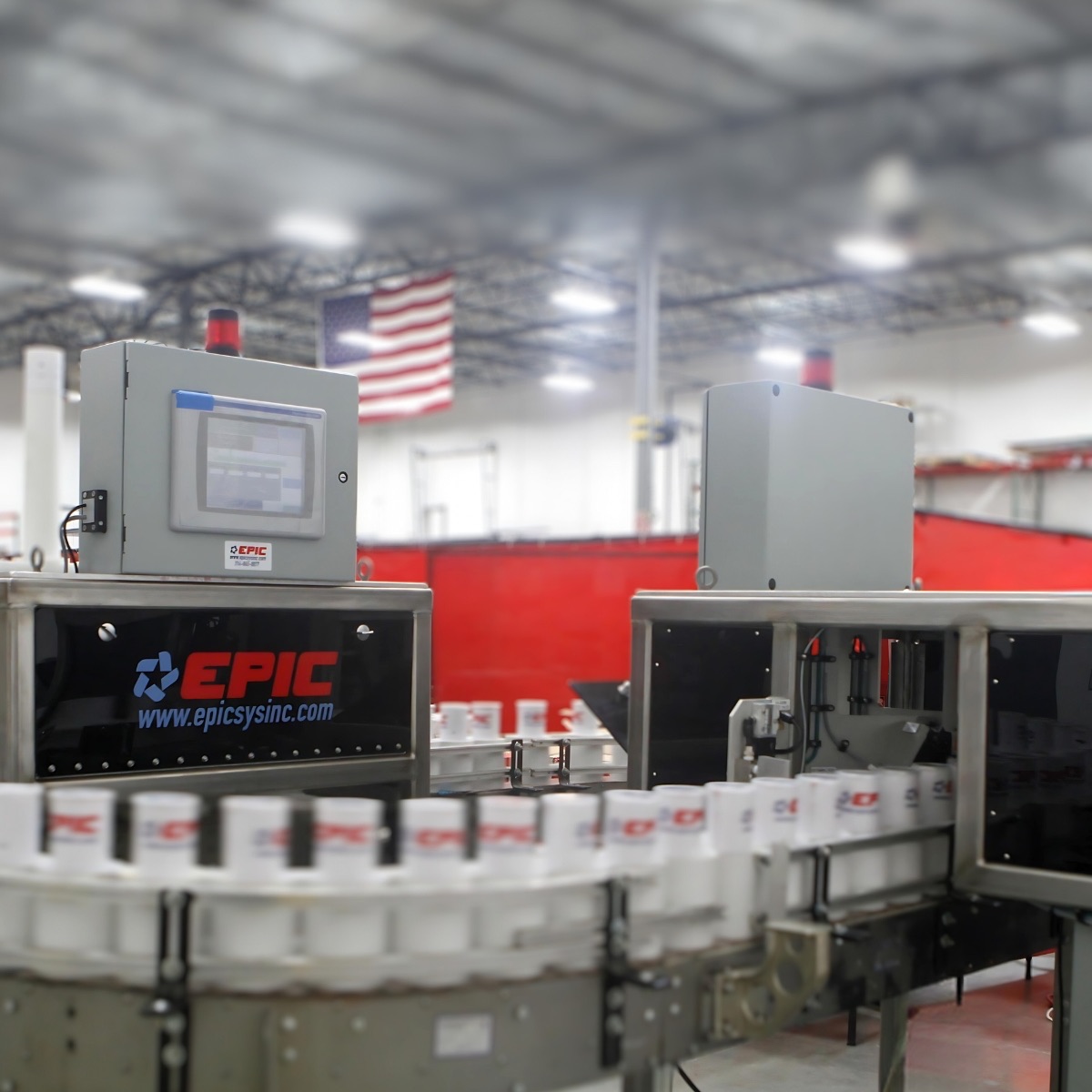Machine vision inspection systems use cameras and image processing software to perform automated inspections, offering numerous advantages that go beyond their initial promise of speed and accuracy. From cost efficiency and enhanced data collection to integration with IoT and advanced applications, these systems are transformative tools for modern manufacturing. However, to fully realize their potential, the expertise of automation integrators is essential.
Speed and Accuracy
One of the most apparent advantages of machine vision inspection systems is their unparalleled speed and accuracy. Unlike human inspectors, machine vision systems can operate continuously without fatigue, ensuring that every product on the production line is inspected with consistent precision. This high level of accuracy minimizes defects and reduces the likelihood of faulty products reaching the market, thereby enhancing overall product quality and customer satisfaction. Moreover, these inspection systems can image and process items at a much higher speed than the human eye, significantly increasing overall inspection capacity compared to manual operations.
Cost Efficiency and Flexibility
The implementation of machine vision systems can lead to significant cost savings for manufacturers. By automating the inspection process, companies can reduce labor costs associated with manual inspection. Furthermore, the early detection of defects helps in minimizing waste, rework, and recalls, all of which contribute to substantial cost reductions. The long-term return on investment (ROI) from machine vision systems is often compelling, making them an attractive option for manufacturers looking to improve their bottom line.
Machine vision inspection systems use cameras and image processing software to perform automated inspections and offer numerous advantages that extend far beyond the obvious benefits of speed and accuracy.
Enhanced Data Collection and Analysis
Beyond the obvious benefits, machine vision systems are powerful tools for data collection. Every inspection is a data point that can be recorded, analyzed, and utilized for further improvements in the manufacturing process. By aggregating data from numerous inspections, companies can identify patterns and trends that may indicate underlying issues in production. This data-driven approach enables proactive maintenance and process optimization, leading to improved efficiency and reduced downtime.
Integration with the Internet of Things (IoT)
The Internet of Things (IoT) opens up new avenues for smart manufacturing. Machine vision systems can communicate in real time with other IoT-enabled devices on the production line, creating a seamless network of interconnected systems. This integration allows for live monitoring and control, where machine vision data can trigger automated responses to identified issues. For instance, if a defect is detected, the system can automatically adjust the relevant production parameters or alert maintenance personnel to intervene. This level of connectivity and responsiveness enhances overall operational efficiency and reduces the likelihood of production halts.
Advanced Applications and Flexibility
Machine vision systems are not limited to basic inspection tasks. Their advanced capabilities extend to more complex applications, such as robotic guidance, assembly verification, and precision measurement. In robotic guidance, machine vision systems provide the necessary feedback to robots, enabling them to perform tasks with high precision. Assembly verification ensures that all components are correctly assembled before the product moves to the next stage of production. Precision measurement, on the other hand, involves using machine vision to measure dimensions and geometries with micron-level accuracy, ensuring that products meet exact specifications.
Importance of Automation Integrators
While the advantages of machine vision inspection systems are substantial, their successful implementation requires expertise and careful planning. This is where automation integrators play a crucial role. Automation integrators are specialists who understand both the technical and operational aspects of machine vision systems. They work closely with manufacturers to design and implement tailored solutions that meet specific needs and objectives.
An automation integrator ensures that the machine vision system is correctly installed, configured, and integrated with existing production lines and IoT infrastructure. They provide training to operators and maintenance personnel, ensuring that the system is used effectively and maintained properly. Additionally, integrators offer ongoing support and optimization services, helping manufacturers to continuously improve their processes and adapt to new challenges.
